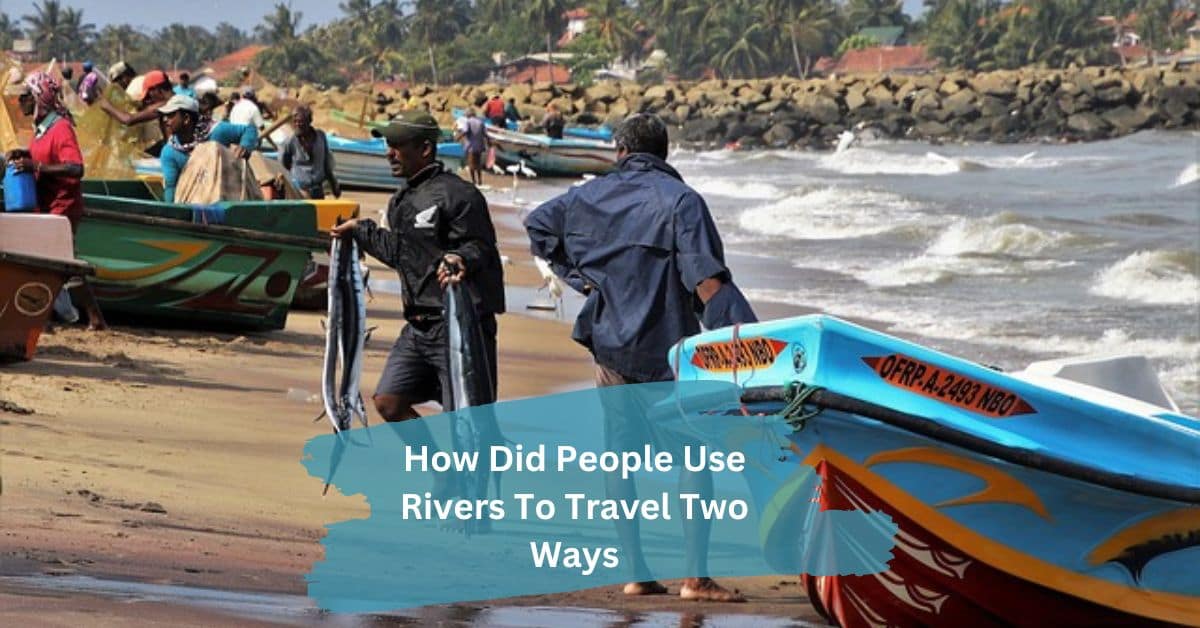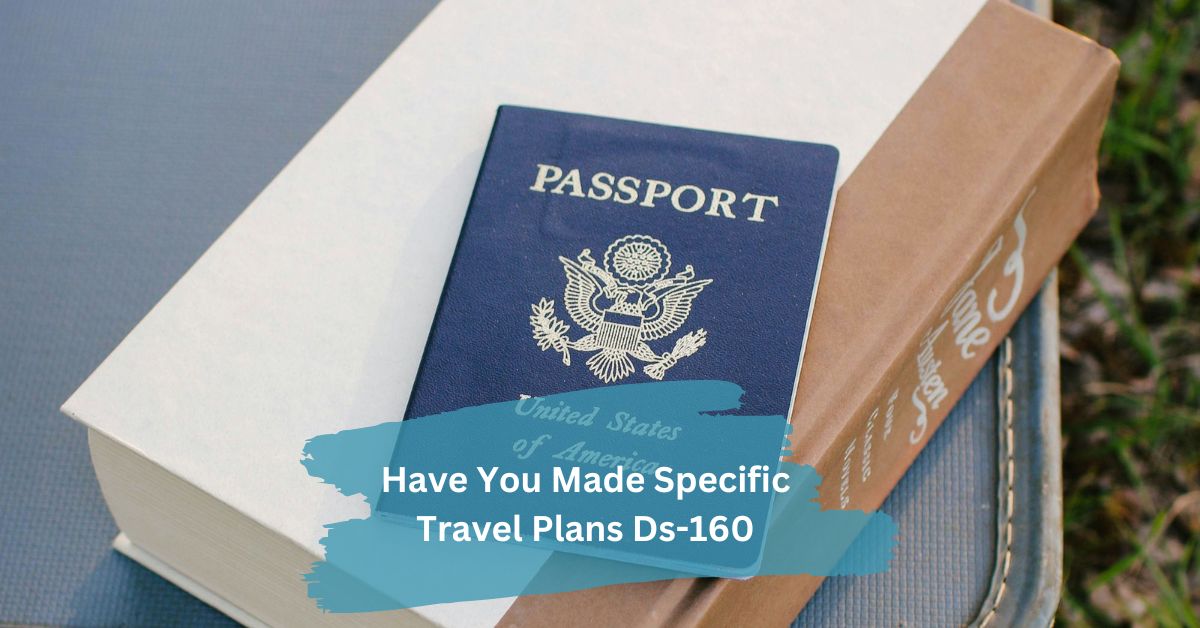
“Someone who travels with you or lives with you” can turn any trip into a fond memory. Sharing the journey brings unexpected laughs and deep bonds that make every moment unique.
Someone who travels with or lives with you” adds joy and depth to any trip, turning simple trips into meaningful adventures filled with shared memories and connections.
Introduction to Travels Or Stays With You
“Someone who travels with you or stays with you” can truly transform your travel experience. They bring companionship, laughter, and a sense of security to every journey. Sharing stories and discovering new places together deepens the bond, while overcoming challenges creates lasting connections. Ultimately, “someone who travels or stays with you” turns ordinary trips into extraordinary adventures, making every moment unforgettable.
What Do You Call Someone Who Travels With You?
Someone who travels with you is often referred to by different terms depending on the relationship and context of the trip. The most common term is “travel companion,” which refers to a person accompanying you on a journey, whether for pleasure, business, or other purposes. It could be a friend, family member, colleague, or colleague.

If the relationship is deep, you can call them “travel partners,” suggesting a shared commitment to the journey and shared responsibilities. A romantic relationship may use the term “travel buddy” or “significant other” if it involves a couple traveling together. For more organized tours or trips, the term “co-traveler” or “co-traveler” may refer to anyone sharing the same itinerary.
In situations where one person is guiding or assisting another, they might be referred to as a “travel guide” or “tour companion.” Regardless of the term, “someone who travels or stays with you” enhances the travel experience by providing shared moments, meaningful conversations, and the comfort of companionship.
What Do You Call A Person Who Stays Or Travels With Someone?
- Traveling companion: This is the most commonly used term and simply means a person accompanying another on a journey. A travel companion can be a friend, family member, romantic partner, or anyone else who accompanies Someone on the trip.
- Travel partner: This term suggests a more equal and potentially long-term travel relationship, where both parties can share responsibilities and decision-making during the trip. This indicates a sense of partnership and teamwork throughout the experience.
- Friend or Travel Buddy: More casual and often used between friends or colleagues, a “travel buddy” refers to an informal but fun partnership. It suggests a fun, relaxed travel relationship where shared experiences and camaraderie are key.
- Fellow Traveler: This term describes Someone who is on the same trip, itinerary, or adventure. It does not necessarily mean a close relationship, but it does mean that they are part of the same journey or travel experience.
- Roommate or roommate: If the focus is on the stay rather than the trip, terms like “roommate” or “roommate” may apply. These terms are used when two people share accommodation while traveling, such as a hotel room or vacation rental.
- Tour Companion: For organized group travel, a person accompanying another on a guided or package trip may be called a “tour companion.” The term refers to being part of a shared experience with a group but can also include a specific partner in this context.
- Significant other: When the relationship is romantic, such as a spouse or partner who travels or lives with Someone, “significant other” or simply “partner” is an appropriate term. It indicates a close, personal relationship.
- Chaperone or Guardian: If Someone is responsible for the welfare of another, especially younger travelers or those in need of assistance, the accompanying person may be called a “chaperone” or “guardian.”
What Do You Call Friends Who Travel Together?

1. Travel Buddies:
“Travel buddies” is a popular term for friends who travel together. It suggests fun, adventure, and friendship as they share experiences and create memories.
2. Travel Companions:
Although “travel companions” can apply to anyone, it is often used to refer to friends who are close travel partners, highlighting companionship and shared travel interests.
3. Adventure Partners:
“Adventure Partners” captures the spirit of friends who love to explore new places and engage in exciting activities together, emphasizing their shared passion.
4. Travel Crew Or Travel Squad:
For friends traveling together, “travel crew” or “travel squad” are fun, casual terms that convey a sense of togetherness and collective enjoyment.
5. Road Trip Friends:
If the friends travel exclusively by car, “Road Trip Friends” reflects their shared experience of long drives, playlists, and spontaneous stops.
6. Travel Partners-In-Crime:
This playful term is perfect for friends who like a little mischief and fun during their travels, adding a touch of lightness to their travels.
7. Exploring Friends:
Used when friends prefer discovery and new experiences, “exploring friends” highlights their mutual purpose of curiosity and adventure.
FAQ’s
1. What Is It Called When You Travel With Someone?
Traveling with Someone by closeness of relationship is usually called a traveling companion or companion.
2. What Is A Habitual Traveler?
A frequent traveler is Someone who travels frequently, often for work or pleasure, and is accustomed to a walking routine.
3. What Is A Word For A Travel Buddy?
Travel buddy is another term for a travel companion or companion, usually for a casual or close friend who joins you on trips.
4. What Is A Frequent Traveler Called?
Frequent travelers are often referred to as road warriors or jet setters, especially if they travel regularly for business or pleasure.
5. What Is The Slang For Travelers?
Colloquial terms for travelers include nomad, globetrotter, and wandering soul, which are often used to describe people who travel extensively or continuously.
Conclusion:
“Someone Who Travels Or Stays With You” can significantly enhance the travel experience, turning ordinary trips into memorable adventures. Their presence provides companionship, support, and shared joy. Whether a friend, partner, or companion, having “Someone Who Travels Or Stays With You” makes every journey more meaningful.






























